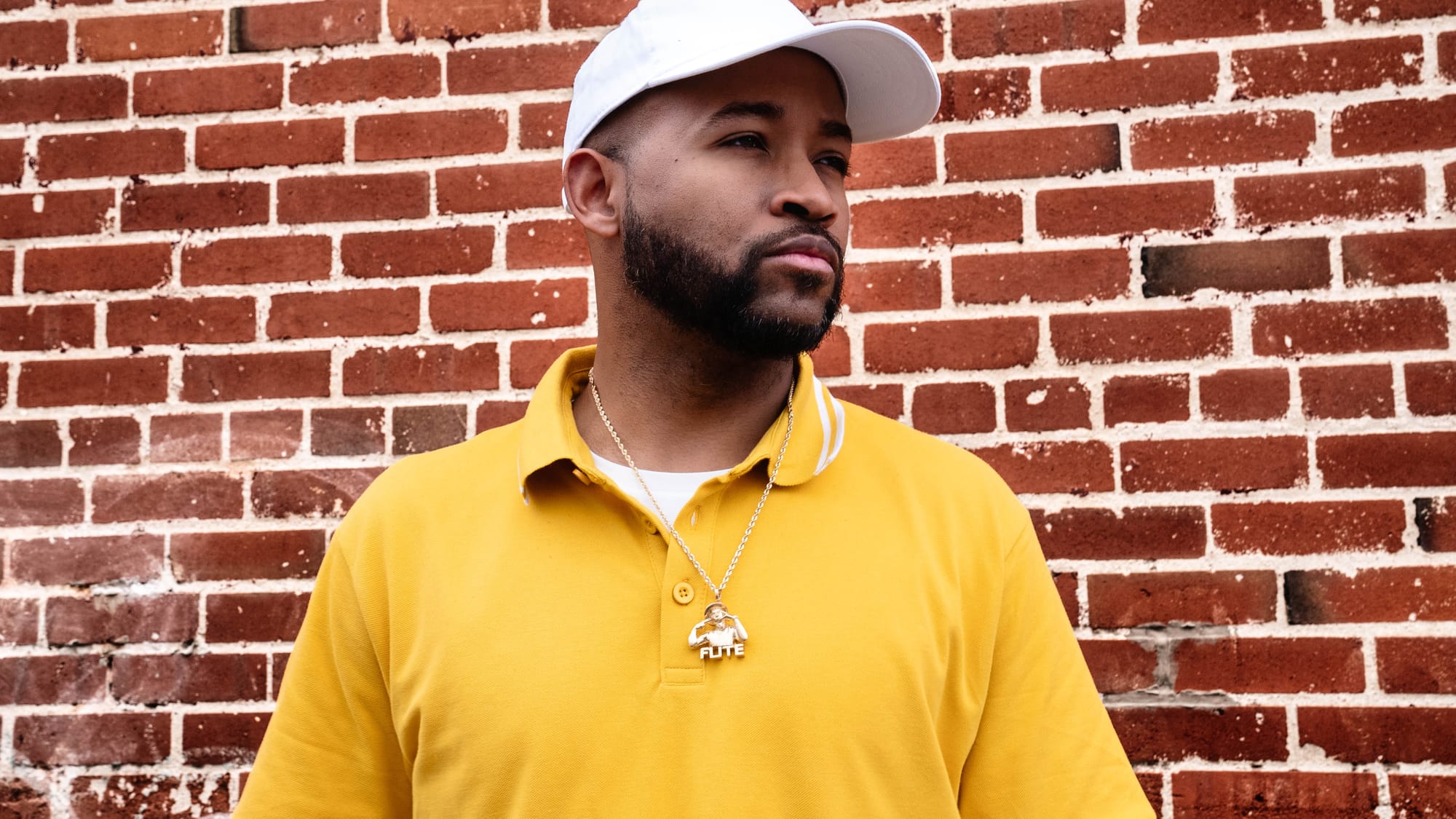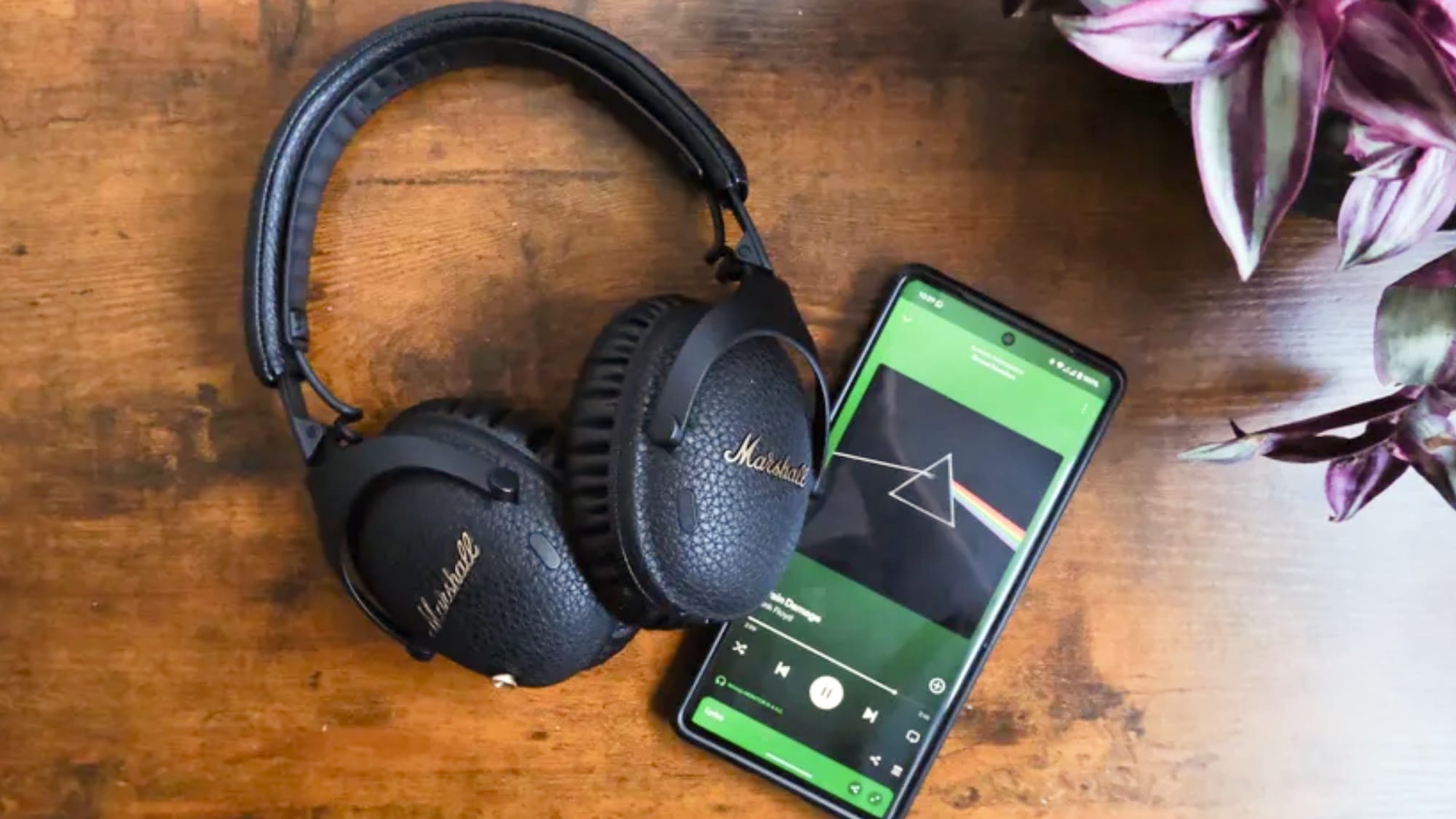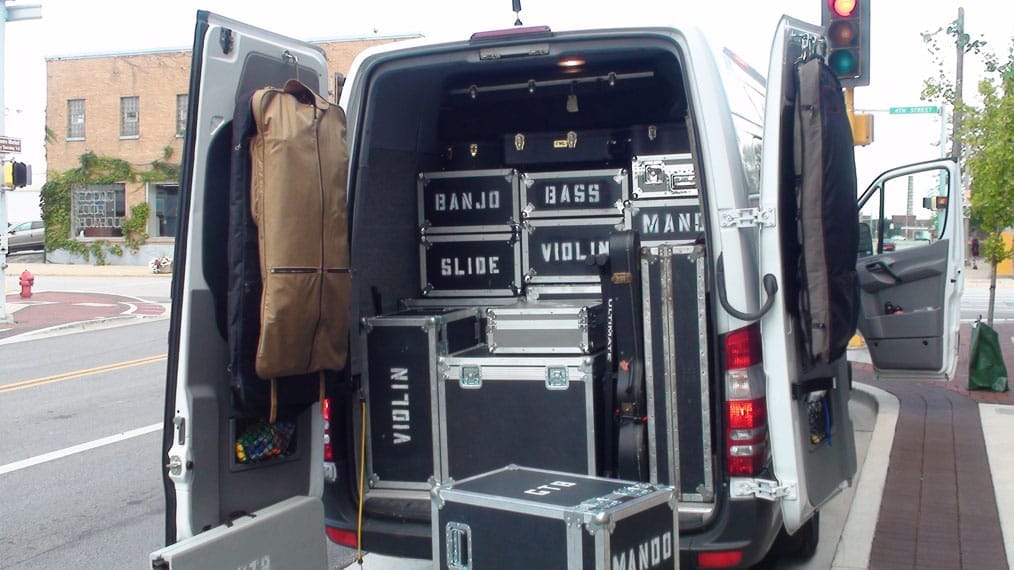Touring is expensive even for the biggest acts that hit the stage. But for smaller DIY musicians, it's impossible thanks to rising costs due to independent venue closures and a lack of promoter relationships.
1. Booking Venues
Many venues prefer working with established acts or booking agents who can guarantee a draw. They do this because they aren't risk-takers and want to ensure you are worth the booking fee.
This can mean early artists won't get booked by promoters or agents because they lack experience and a solid fanbase.
Without industry connections, securing venues can lead to higher rental fees or bad door split deals.
2. Marketing and Promotion
Promoting a tour across multiple cities requires serious effort and a big budget. As an independent artist, you probably have a job and little money to your name.
Now add in the expense of touring, travel, gas, food, and housing to the mix, and it's just not doable.
Without label-funded advertising, social media campaigns, posters, and local promotion, it falls on the artist. So many artists wait around for label to handle the business side and then wonder why their career is stuck.
When you're a solo act with no label or management behind you, you have to do everything yourself. It won't be like that forever, but you need to do it in the beginning.
3. Travel and Hotel Costs

Hitting the road on your first tour is fun, especially if you're going with your friends or band members.
But the fun doesn't pay the bills. Travel expenses, fuel, rental cars, flights, hotels, Airbnb, equipment, and crew can cost thousands of dollars for a 10-stop tour.
The music industry has taught artists they should travel across the United States to have a "real" tour. But in my experience, you can tour inside your own state and still call it a tour.
Think about a 10-stop tour inside one state. That's doable and cheaper than a cross-country tour.
4. Lack of Tour Management
If you haven't built a tour before, it can be hard to get the right dates for each stop. You'll need to reach out to venues in different cities and see if they can work with your schedule.
Most artists won't need to hire a tour manager and can likely do it themselves. But, if you're struggling to stay organized with setting up the tour, you might want to hire a friend that can handle it for you.
5. Merchandising Costs
Merch sales are crucial for revenue but require upfront investment to buy the product and sell it at the shows.
Producing inventory (t-shirts, vinyl, posters) without label support can be a significant outlay. But if you reinvest any profits from your shows, it can help to get the word out and make some extra cash.
6. Ticket Sales Uncertainty

A lot of independent artists struggle to predict or guarantee audience sizes. This can be nail in the coffin for most career because bookers and promoters will not take a chance on you.
Then factor in low attendance on shows that they do take a chance on you and it's pretty much over. You won't make any more and neither will the promoter causing you a negative reputation in your city with other bookers.
7. Financial Risk and Lack of Advances
Without a label behind you to front money for touring, your stuck trying to figure it out all yourself. This isn't always a bad thing though.
Labels create a lot of unnecessary stress and control. Staying independent means that you answer to no one and sometimes that can make a big difference in your creativity.
Covering all of your touring and promotion costs yourself can be hard to overcome. So many artists drain their bank accounts on scammy playlist marketers and shady promoters.
Do you due diligence before shelling out a lot of money.












Discussion